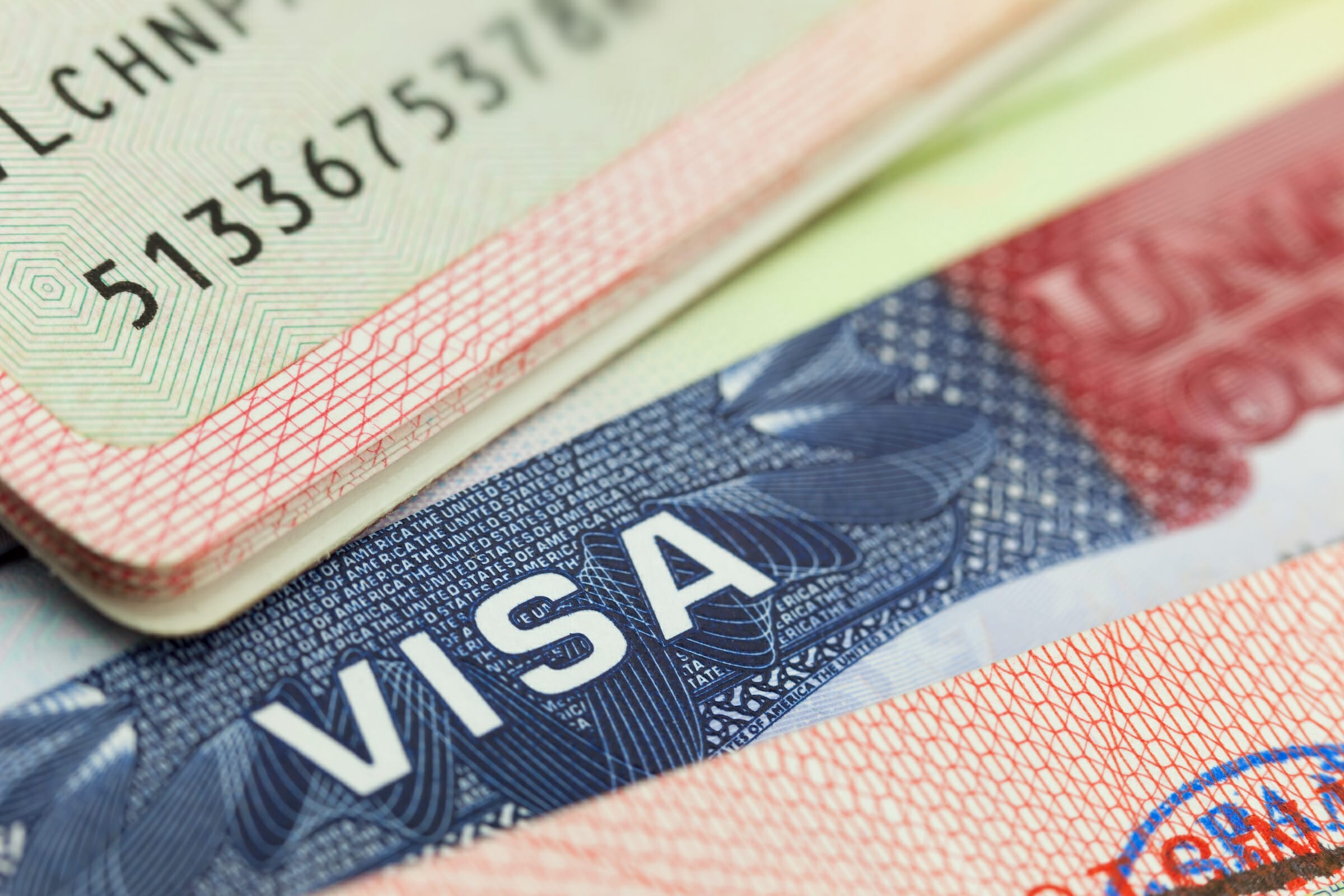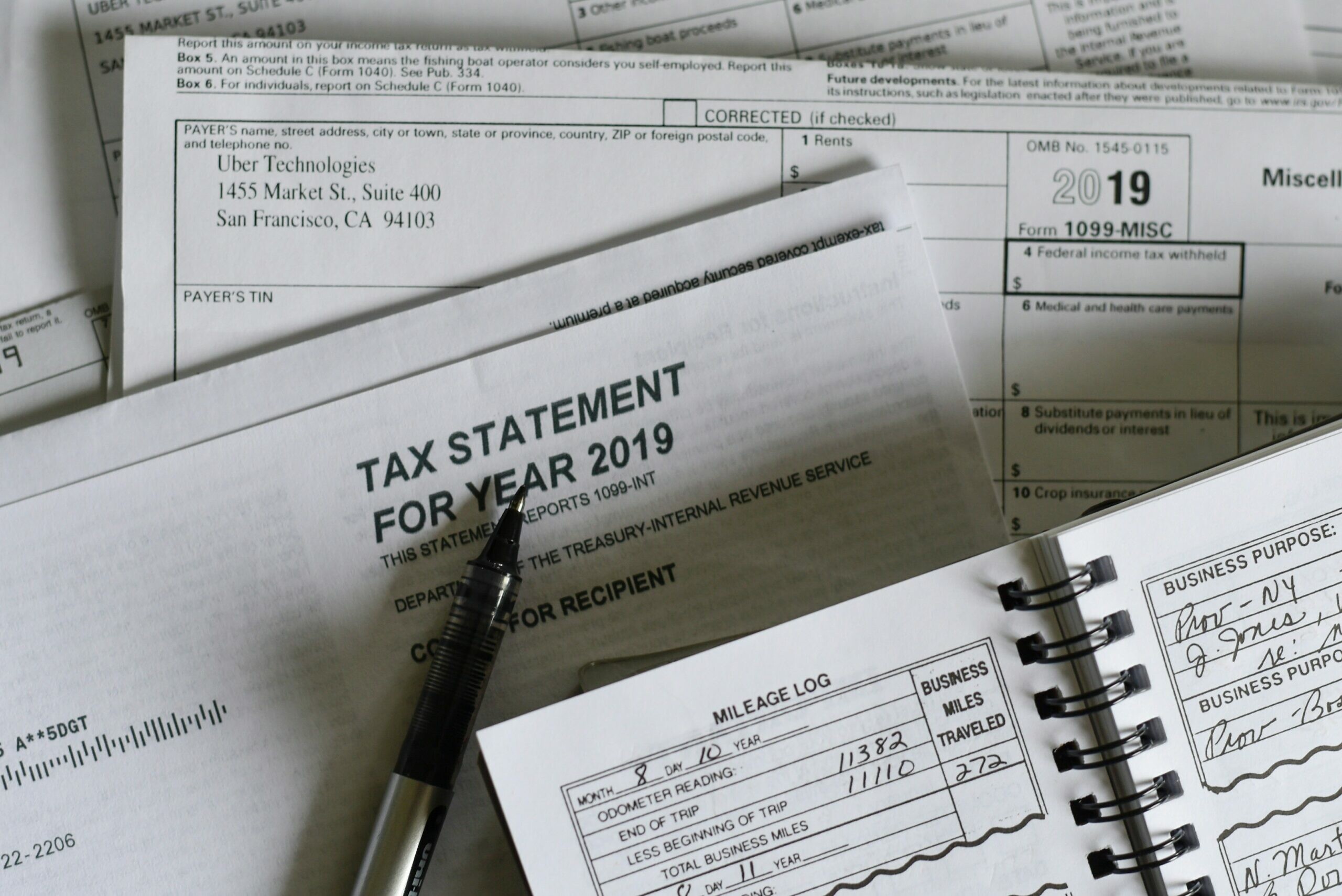Child support is a legal obligation of parents to provide financial support for their children. It can be settled by mutual agreement or by court order.
It is critical to ensure that every child has the income security they need to reach their full potential and contribute to Thailand’s future prosperity. A universal child support grant would help address this challenge.
Courts have the power to decide child support obligations
If parents separate or divorce, they must provide financial support for their children until the child reaches legal age. This can be settled by mutual agreement or a court order.
When deciding on a child support amount, the court will consider relative incomes and expenses of the parties as well as what is required for the child’s needs. The court may also take into account any assets that the party owns.
The father of a child living in Thailand must send money to the mother in order to help raise the child. This money can be used for a variety of things, including school fees, clothing and other essentials, as well as food and medicine. However, the amount of money that is considered reasonable can vary from case to case. It depends on various factors, including the mother’s monthly income.
The amount of child support is based on the needs of the child
The amount of child support that a parent must pay is determined by the needs of the child. This can include food, shelter, clothing, medicines, and education. The court will also consider the financial resources of both parents, including any assets or property that they may have.
The child support agreement is typically a part of the divorce settlement in Thailand. It is important to understand how this works if you are considering getting a divorce. If you are a foreigner, it is especially important to know how this works because of the different issues that can come up.
Under Thai law, unmarried biological fathers do not have custodial rights for their children. They can only acquire these rights if they legitimize the child in a district office. However, they can still request child support from the mother. The court will take into consideration all aspects that will benefit the child. The child’s best interests are always the priority.
The parent who is required to pay may be able to modify the amount of child support
In Thailand, there are a number of ways to pay child support. The most common method is for the father of a child to send money to the mother via a bank account in the US. The amount of the payment depends on the child’s needs. If the child’s circumstances change, the parent who is required to pay may be able to modify the amount of the payments.
The issue of child support in Thailand is often a concern for parents who are divorcing. The courts have the power to decide on this issue and couples can make arrangements for child support in their divorce agreements. However, the parents must make sure that their agreement is enforceable and registered with a district office.
In addition, the court may also consider the financial situation of both parties. If a parent is unable to afford child support, they should seek legal advice. If a parent fails to appear in court, the judge may issue an arrest warrant.
The father of a child living in Thailand must send money to the mother
Child support in Thailand, which is also called alimony payments, is a financial obligation that is determined by court. It is usually based on the income of both parents and can be modified by court order. The amount is based on the needs of the child and may be higher or lower than in Western countries.
In Thailand, a father of a child who is not married to the mother doesn’t have legal rights and obligations to the child until he acknowledges himself as the father through the process of child legitimization. This can be done through a letter or an official form from the local district office.
Settlement regarding child support may be drafted as part of a divorce agreement. This should be submitted together to the local district office for a divorce by mutual consent or to a Thai court for a contested divorce. For foreigners who are unable to agree, it is recommended that they seek advice from a family lawyer in Thailand.






